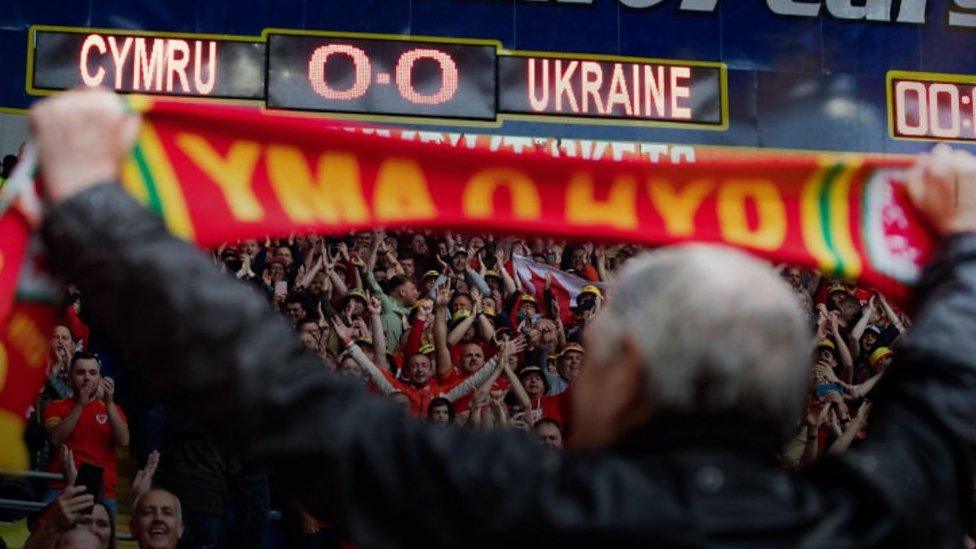World Cup: Highs and lows of Wales return to tournament
- Published
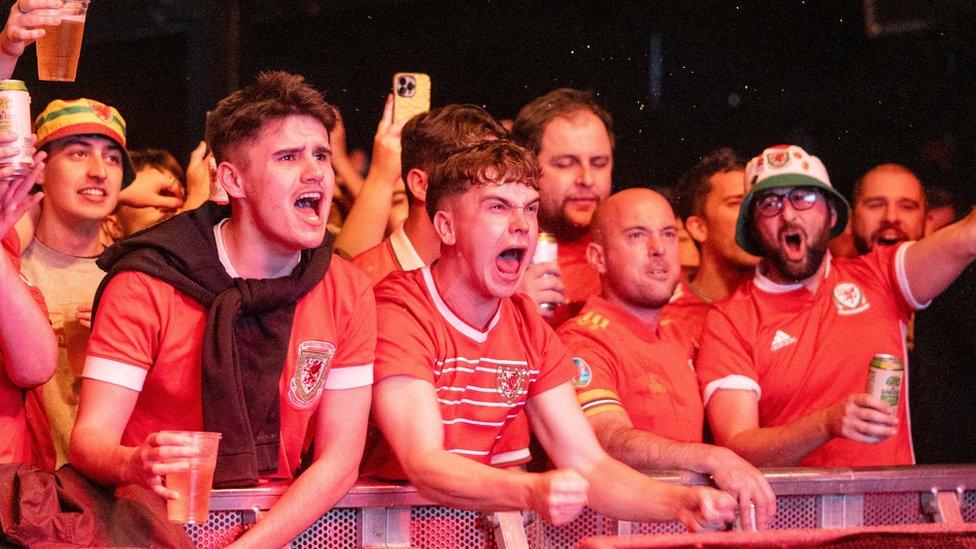
Most fans have been waiting their entire life to see Wales play at the World Cup
After making their return to the World Cup after more than six decades, Wales are leaving Qatar much earlier than many had hoped.
It will have been the first time many Welsh fans will have had a nation to support in the competition, however brief.
From a folk song adopted as an anthem to a rousing Hollywood team talk, our small nation left its mark.
Here are some takeaways from Wales' return to football's biggest stage:
Yma o Hyd
Dafydd Iwan's 40-year-old Welsh folk song has been adored by Welsh fans for years, but this tournament brought it to the world stage.
Chosen as Wales' official song for the World Cup, it rang out loud after Wales win against Ukraine secured the team's place at Qatar and was a fixture of the campaign ever since.
Yma o Hyd was Wales' official World Cup song
Tattoo parlours across Wales even reported an increase in people permanently inking the phrase on their bodies in a show of Welsh pride.
Iwan, 78, who was imprisoned for his defence of the Welsh language in 1971, said it has been "tremendous" to see the nation embrace his song almost as a second anthem.
"It's as if I've been practising for 39 years to arrive at this point and it was a tremendously fulfilling moment for me," he said.
Those bucket hats
It was not hard to spot a Wales fan in a crowd during the World Cup thanks to the now iconic bucket hat.
You couldn't escape the yellow, green and red hats during the tournament which have become a staple of the Welsh footballing identity.
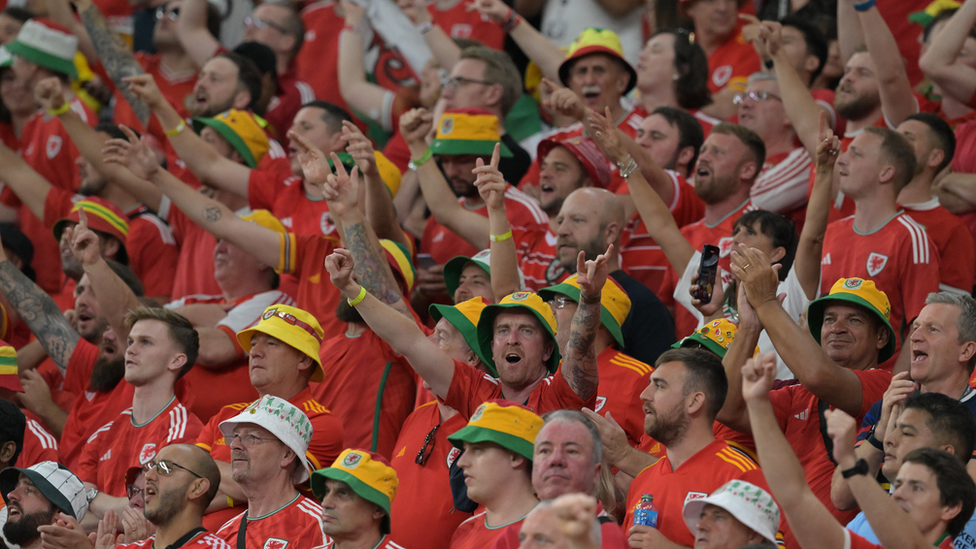
Wales bucket hats, originally inspired by Manchester in the 80s and 90s, have become a staple for Welsh fans
The hats became so integral to Wales that Gareth Bale handed one to the captain of each team Wales played along with the traditional swap of team pennants.
They were originally launched by Tim Williams' Spirit of 58 shop more than a decade ago, after he was inspired by the Manchester music scene in the 1980s and 90s.
Along with the thousands of hats atop the heads of Wales fans, massive inflatable versions were assembled in Qatar and Wales.
"Every nation has its identifier, I think for Wales it's no longer the red dragon for football but the Welsh bucket hat," said Reach plc football reporter Megan Feringa.
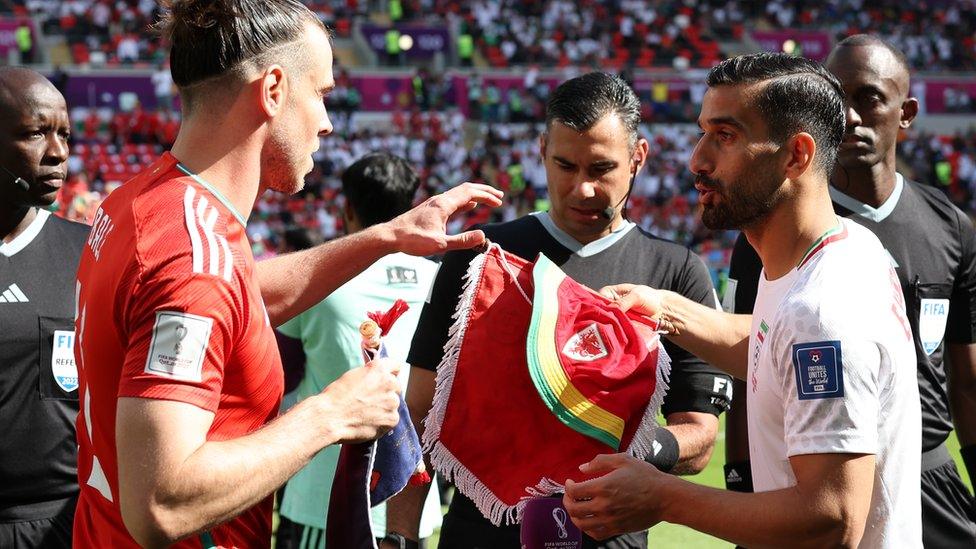
Gareth Bale handing a bucket hat to the captain of each team Wales playd at the World Cup
LGBT concerns
The World Cup was played against a backdrop of concern over gay rights in the host nation Qatar, where homosexuality is illegal.
Some gay Welsh football fans refused to travel to the tournament, over fears for their own safety.
Prior to the tournament organisers said "everybody is welcome", despite homosexuality being punishable by prison.
Former Wales captain Laura McAllister said she was told to remove her LGBT supporting rainbow bucket before attending Wales' opener against the USA.
Laura McAllister said it was important to confront a lack of tolerance
The former FIFA council candidate said she felt "intimidated" when told to remove the hat, which she managed the smuggle into the stadium regardless.
The Football Association of Wales also said it was "frustrated and disappointed" after FIFA blocked teams from wearing LGBT supporting OneLove armbands during games.
Gareth Bale was one of a number of captains set to wear the armband before FIFA threatened to yellow card any player with one on.
A team talk fit for Hollywood
It's no surprise that a team talk given to the Welsh team - which wouldn't have been out of place in a classic sports film - was delivered by Wales' own Hollywood star.
Before the tournament Michael Sheen gave a rousing speech to the team that referenced the late Gary Speed, Wales' last World Cup campaign in 1958 and the legendary "red wall" of Wales fans.
"Yma o Hyd you sons of Speed"
Sheen was presented with a Wales shirt with his name on the back after delivering the speech, and joked he was still available for selection for the squad.
Some fans called for him to travel with the team to Qatar to give speeches before games - which in hindsight might not have been the worst idea.
Wales on the world stage
For Wales not only was it a sporting achievement to reach the World Cup, but a chance to promote itself on the global stage.
Mark Drakeford and other Welsh ministers attended the tournament, despite Labour leader Keir Starmer banning senior colleagues in England from attending.
Senior Labour MPs also urged the first minister to not attend the tournament due to Qatar's stance on human rights.
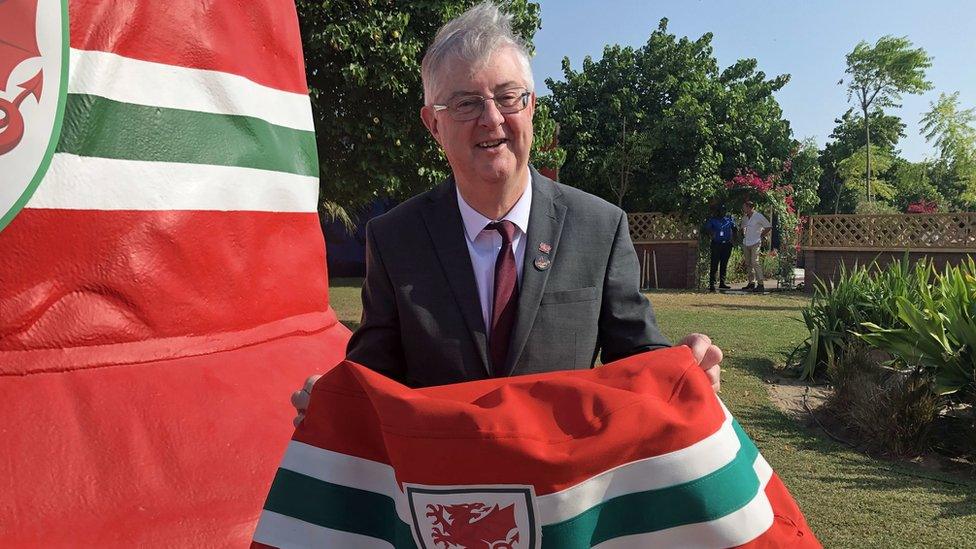
Mark Drakeford attended Wales' opener against the USA
The first minister said he believed it was an "obligation" to attend and support a Welsh team in its first World Cup in 64 years.
He said he would "promote inclusivity" and "respect for human rights" during his visit to Qatar.
Economy Minister Vaughan Gething defended the trip, saying: "We can be proud that we are on this global stage, but there's a great deal more interest in Wales because we are here."
The fans
Despite concerns over human rights and massive costs thousands of Welsh fans travelled to Qatar to support their team at the first World Cup in 64 years.
And hundreds of thousands more were glued to every game at pubs and fan zones throughout Wales, even in Tenerife, Spain.
"I could see through the tears in my own eyes grown men crying"
For most fans it was the first time in their life they'd seen Wales play at the pinnacle of world football, and much like Euro 2016 it will be a cornerstone of this golden generation for Wales.
Wales fans sang God Save the Queen at the last World Cup in 1958, but fans from countries around the world marvelled as Hen Wlad Fy Nhadau rang out in stadiums across Qatar.
It's been a rollercoaster of optimism followed by broken hearts for fans who dreamed of more, but knew it would be an uphill battle.
Despite the result, the tournament brought the nation together, with the players and fans reminding the world we're still here, and will be for the next one.
Related topics
- Published30 November 2022
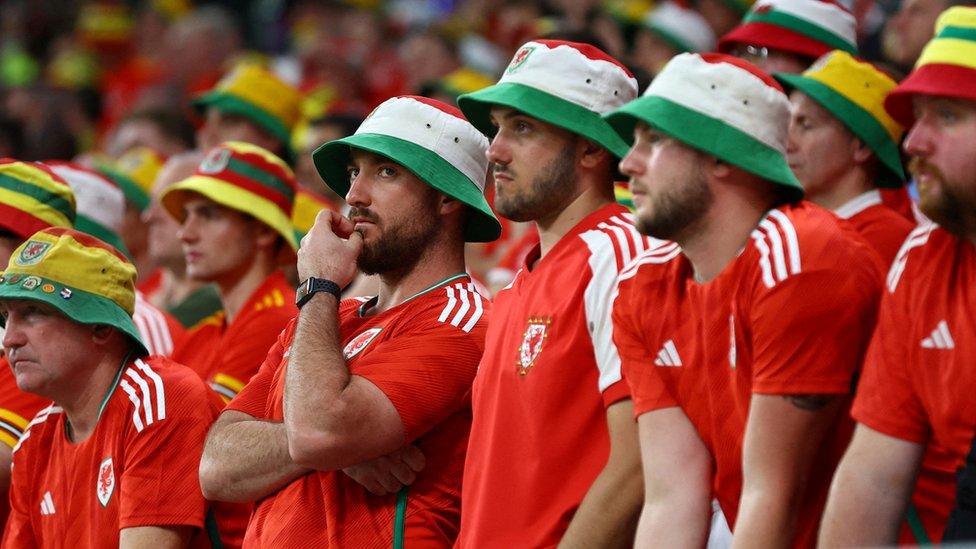
- Published28 November 2022
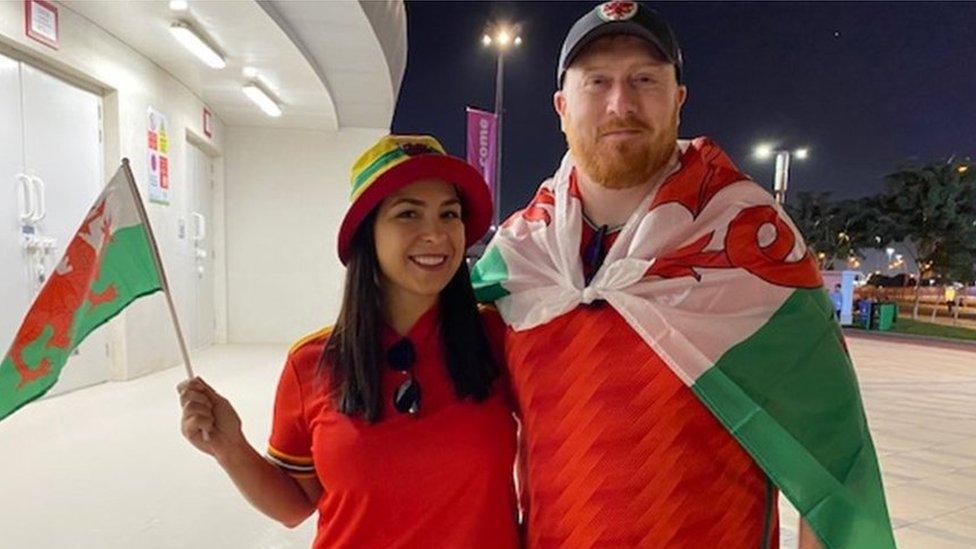
- Published27 September 2022
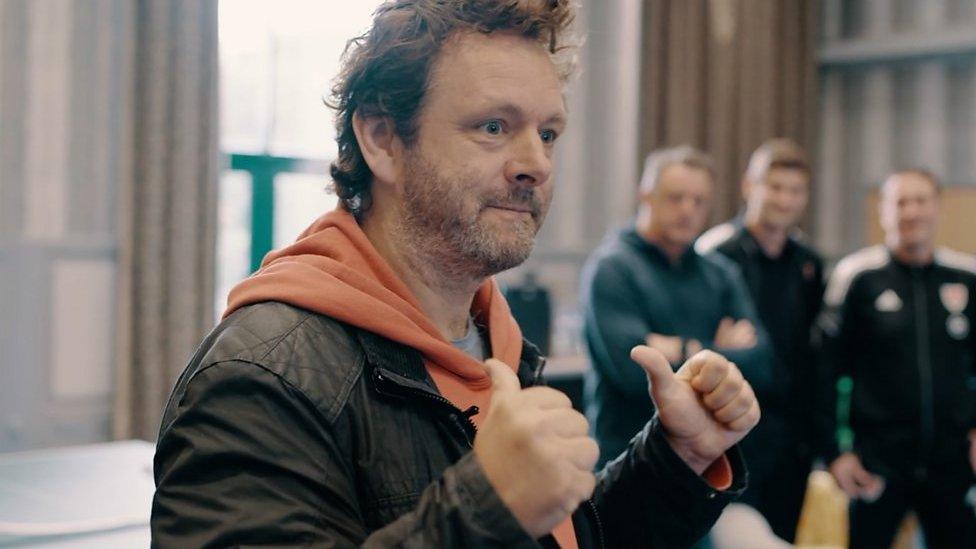
- Published22 November 2022
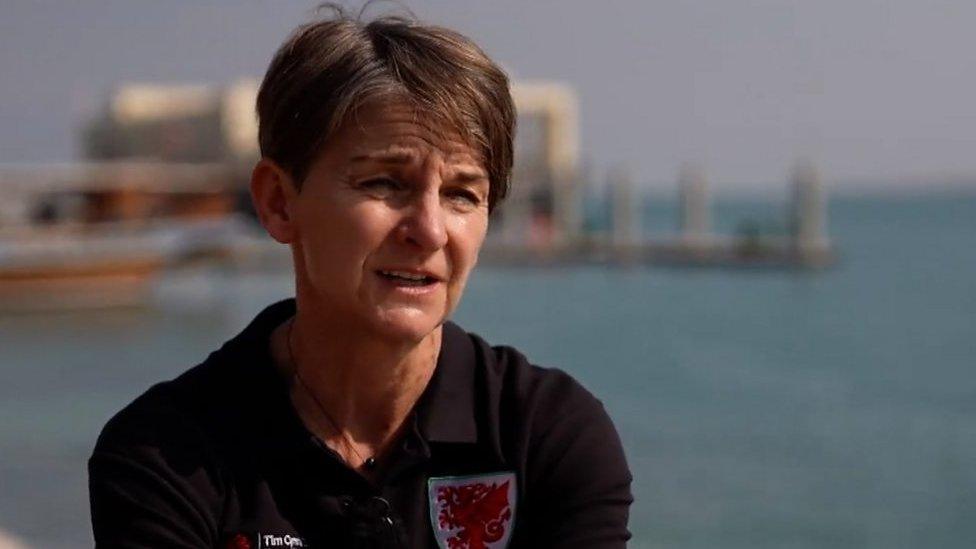
- Published27 September 2022
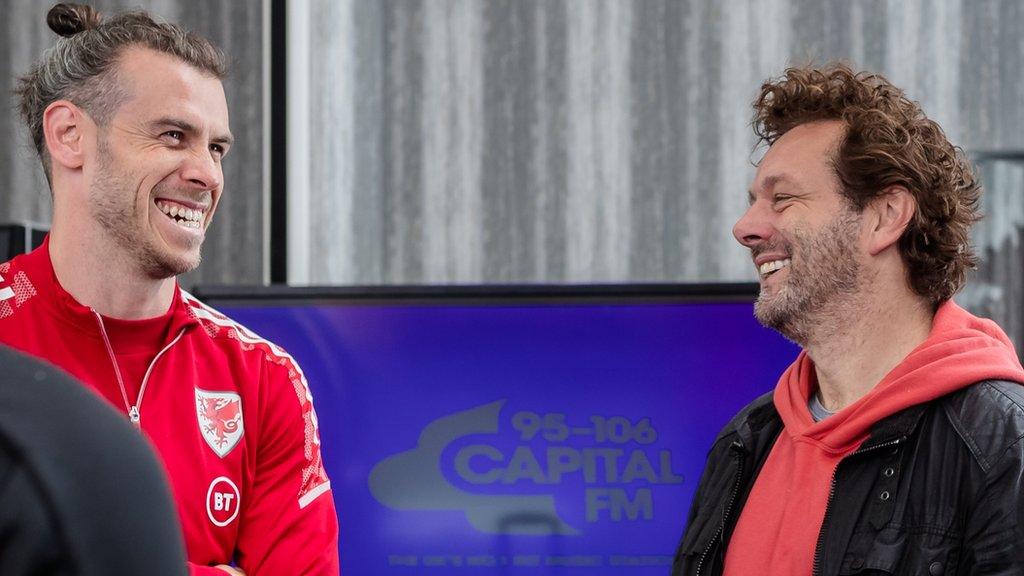
- Published16 November 2022
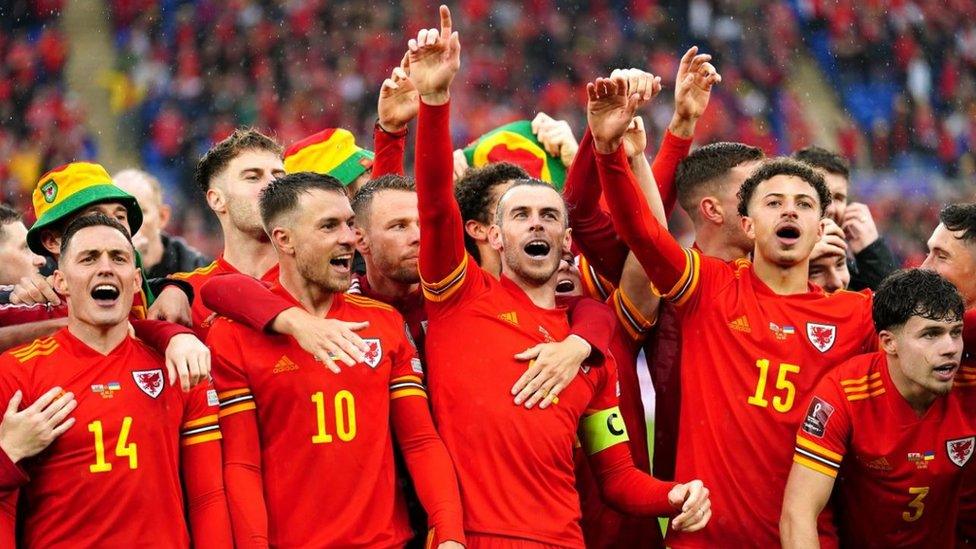
- Attribution
- Published21 November 2022
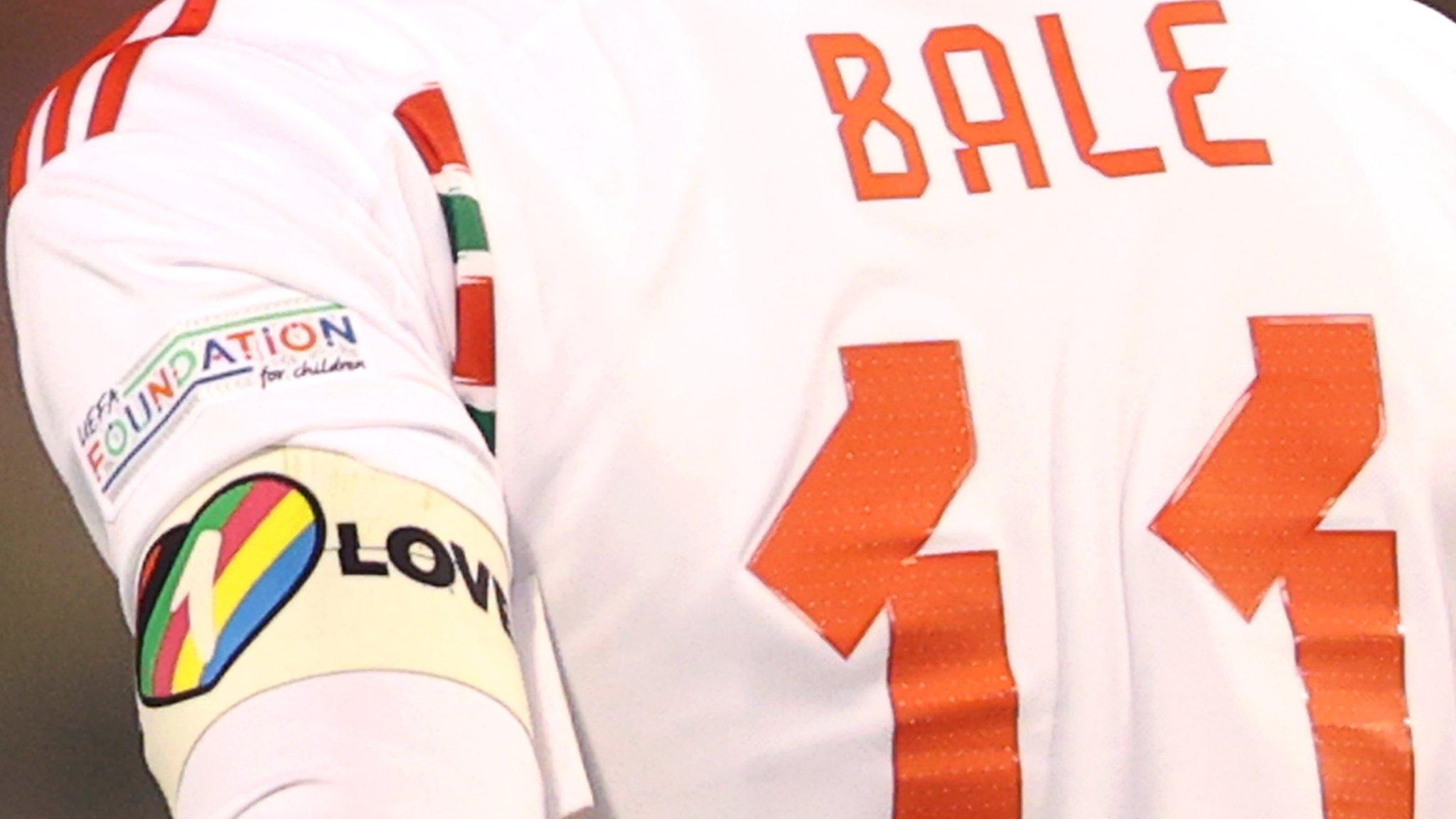
- Published1 November 2022
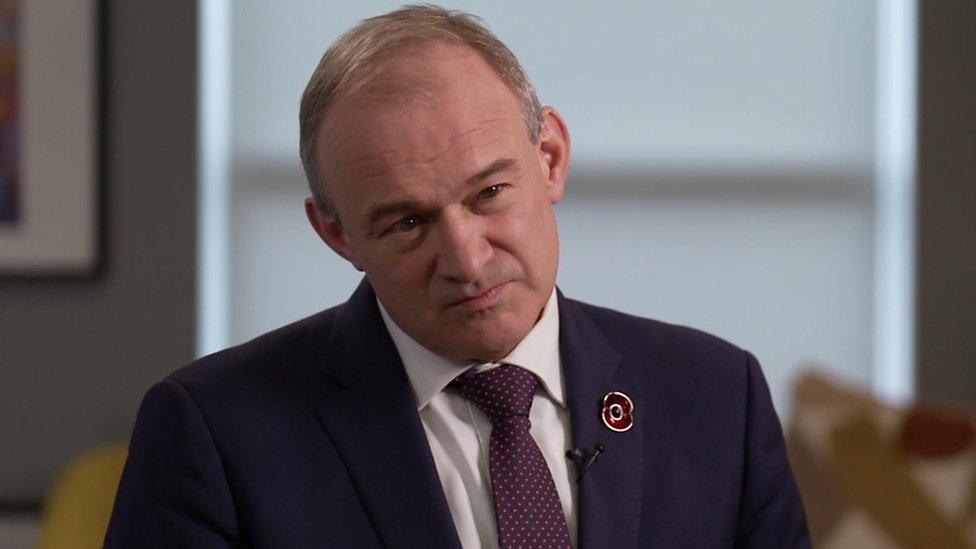
- Published21 November 2022
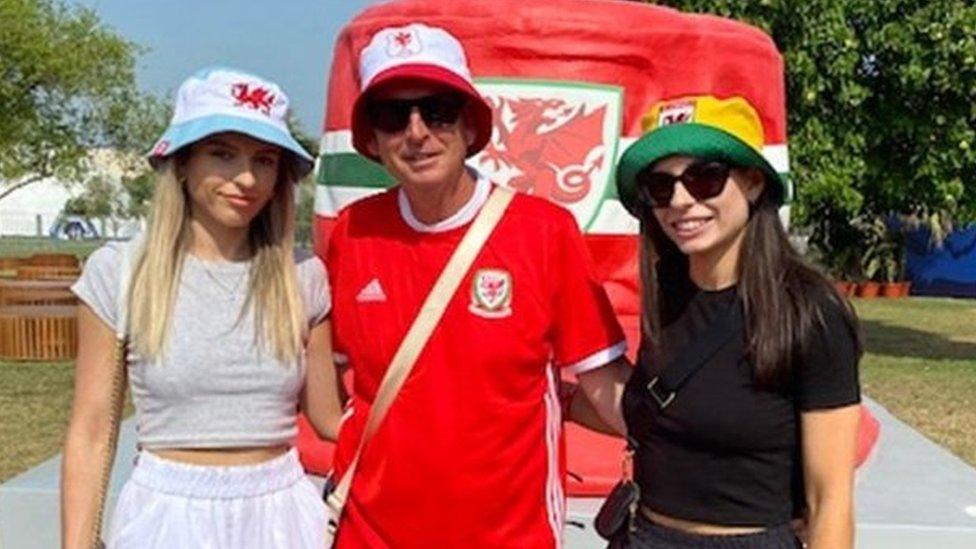
- Published12 June 2022
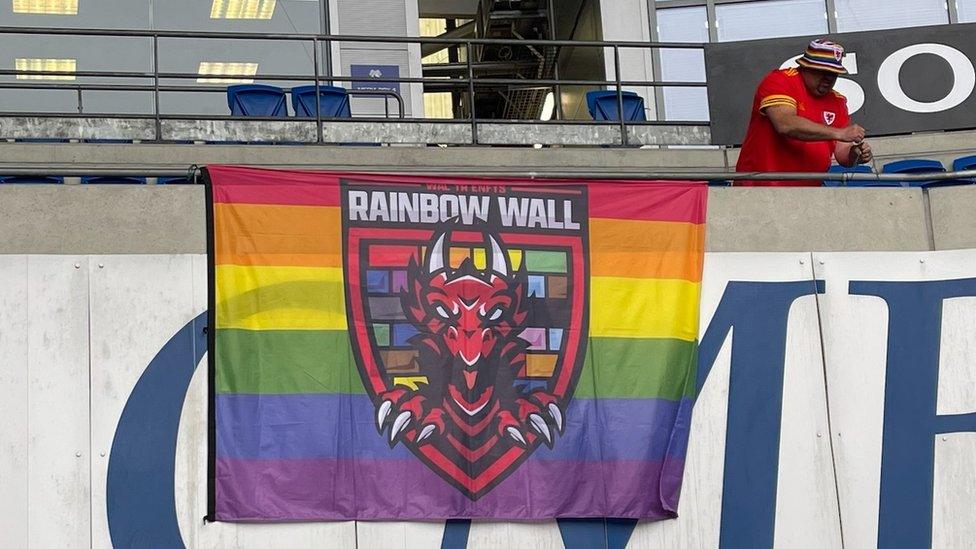
- Published7 June 2022

- Published23 November 2022
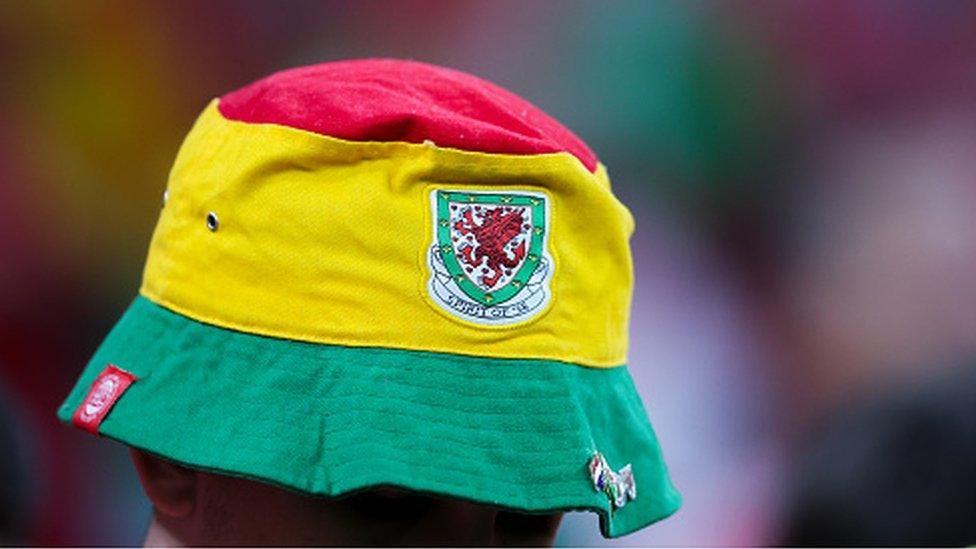
- Published22 November 2022
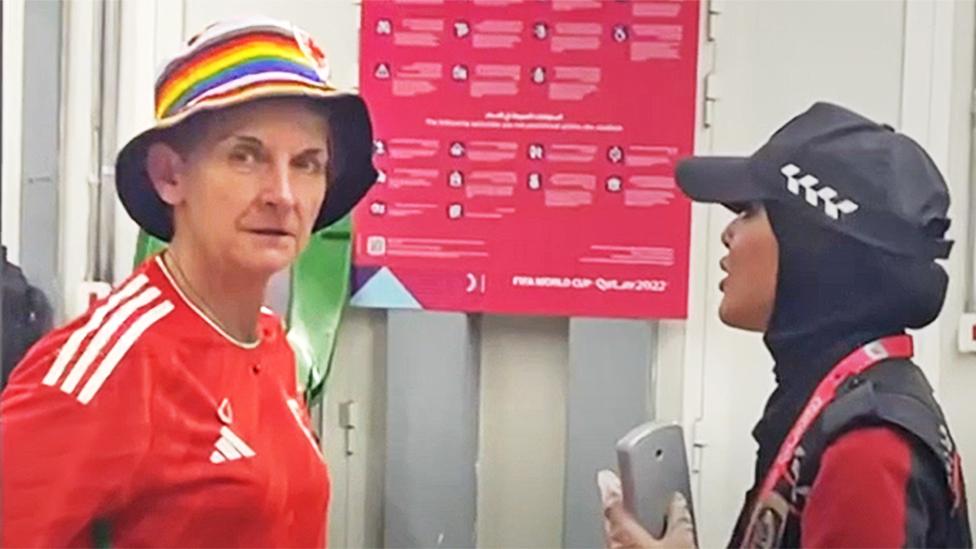
- Published29 November 2022
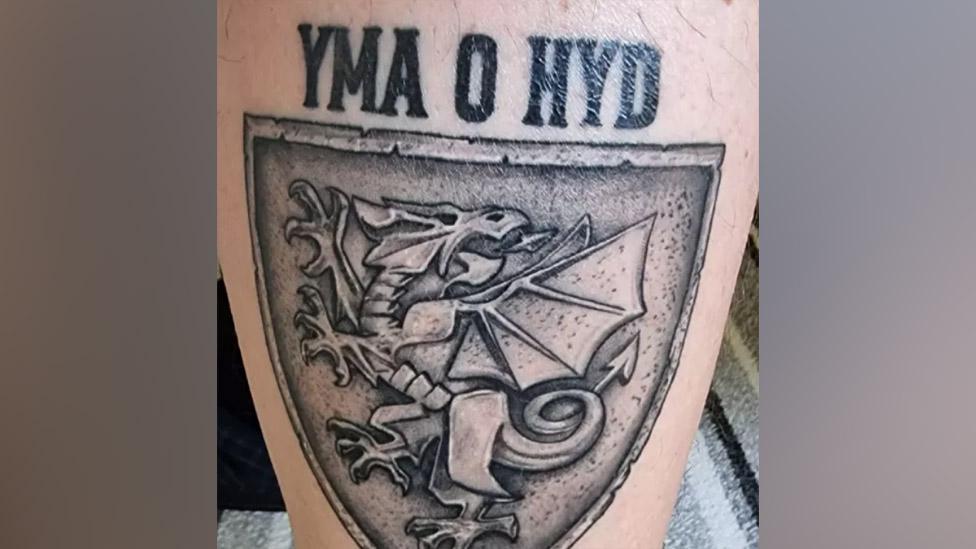
- Published8 November 2022
